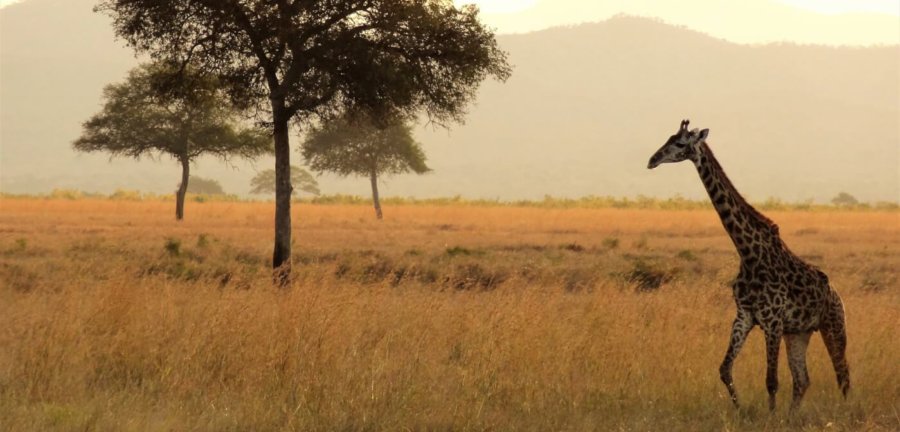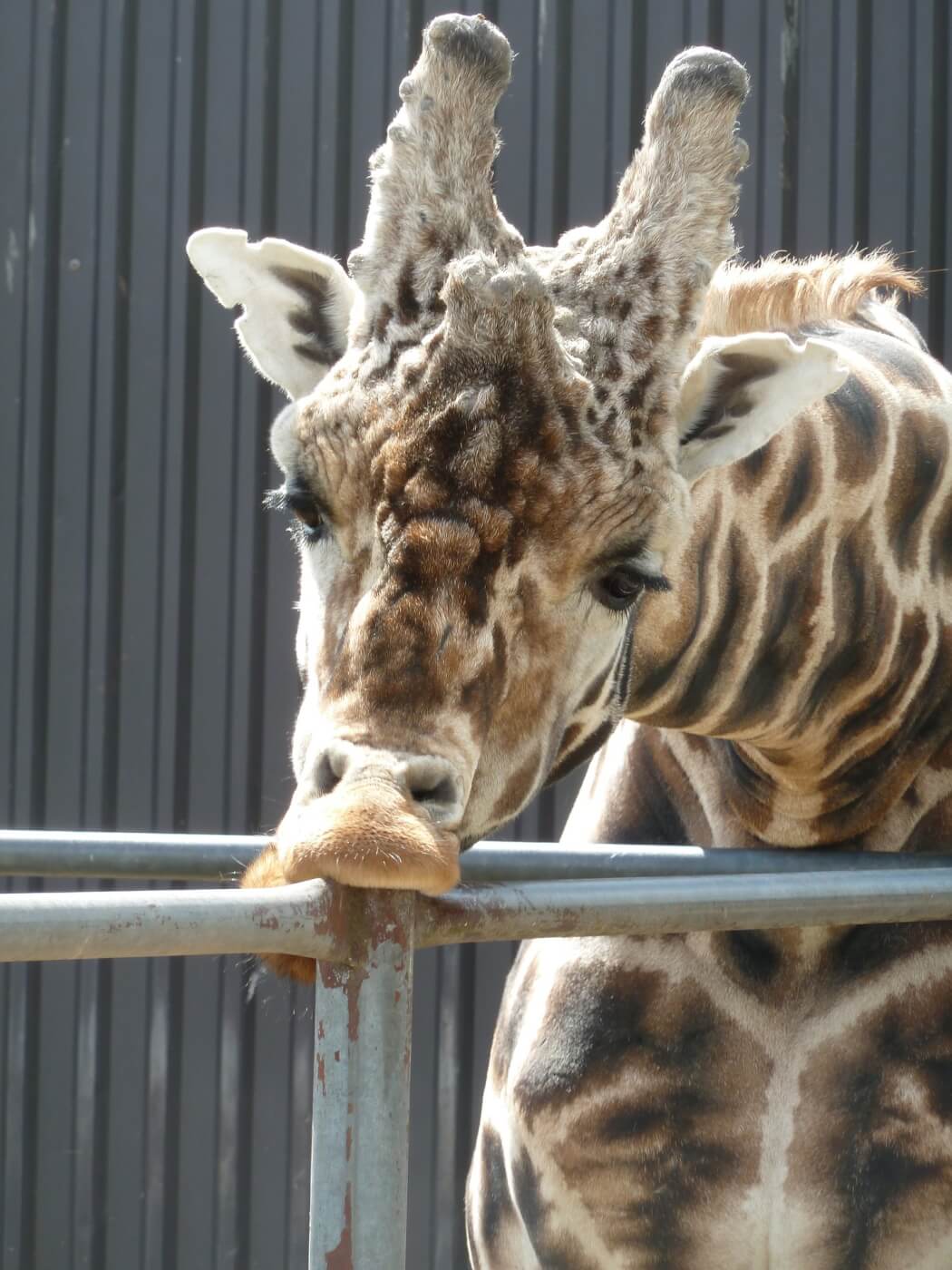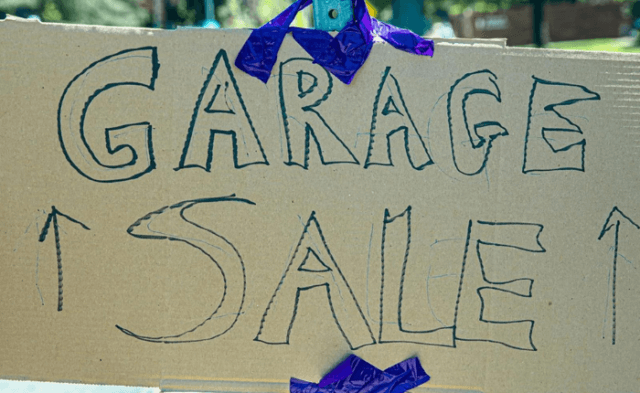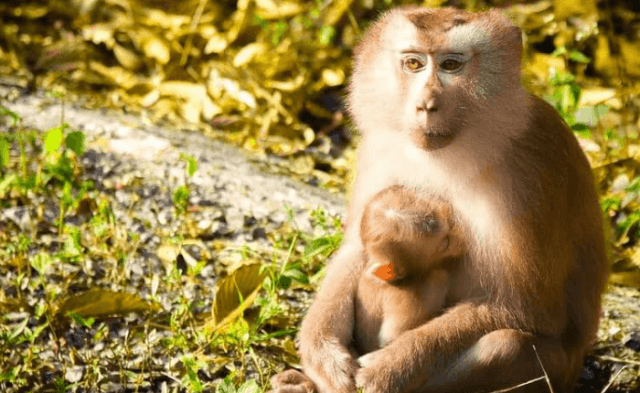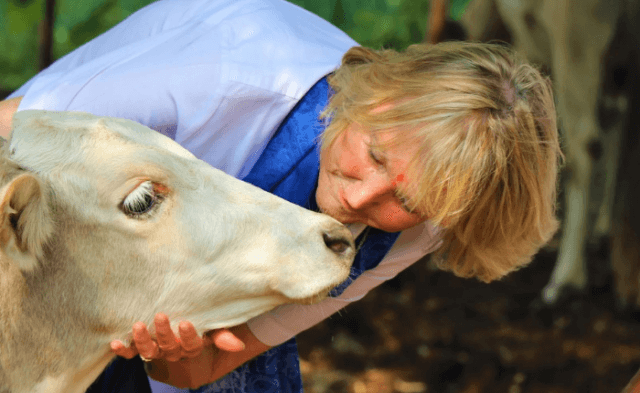On the sweeping African plains where they belong, giraffes roam, socialize, and search for tasty treats in the high treetops. But for those in captivity, life is very different. Their worlds are reduced to areas that can be measured in square feet, and they’re denied all the fundamental things that give their lives meaning.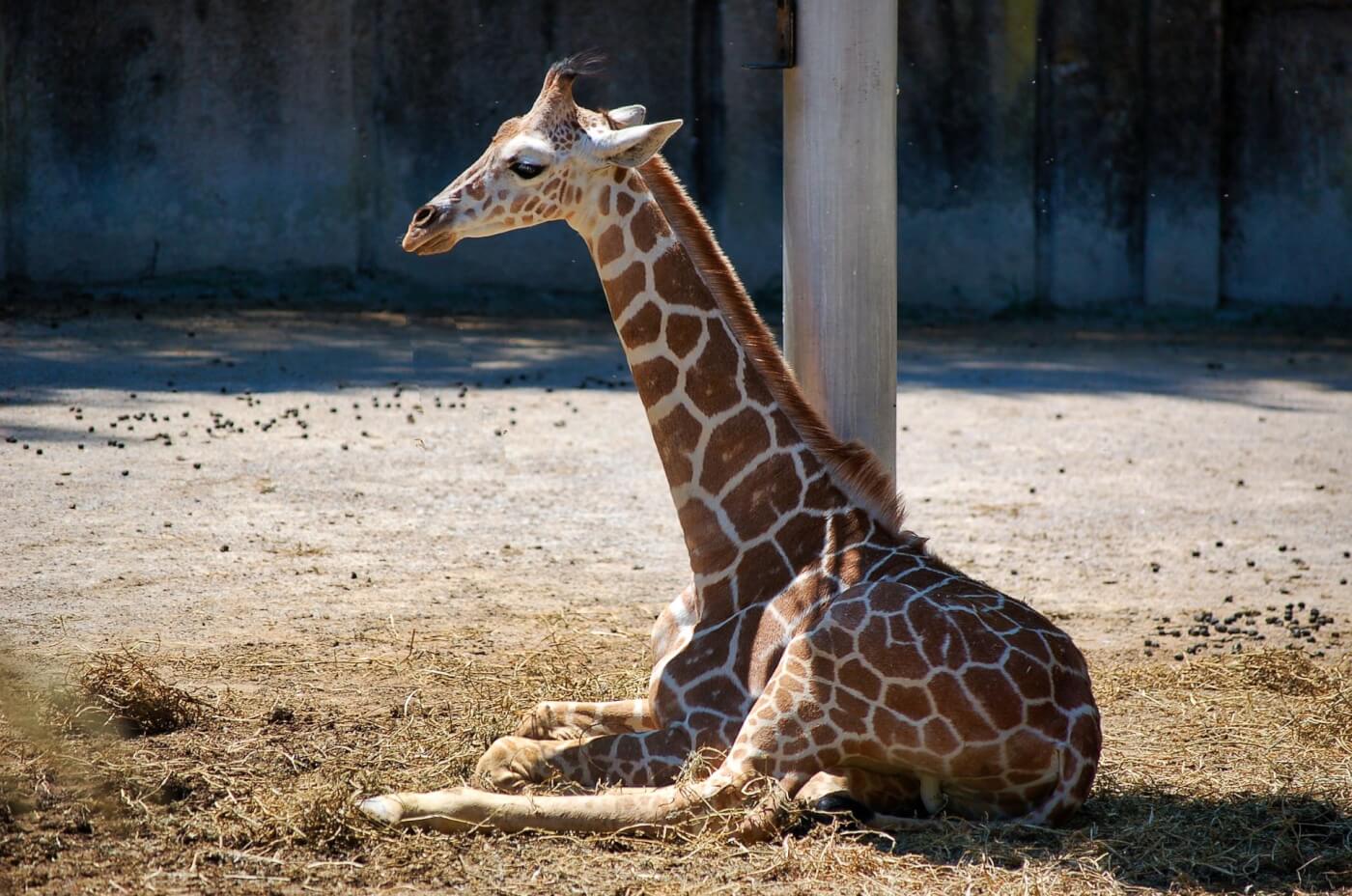
Giraffes were in the spotlight recently when California wildfires encroached on an outfit called Malibu Wine Safaris, which keeps a lone giraffe named Stanley (and other animals) as a prop. The fire came precariously close to his barren pen. When flames and smoke quickly approached, evacuation was impossible. The manager of the winery admitted, “We knew we wouldn’t be able to load him.”
View this post on Instagram
In recent years, the public has grown more aware of the suffering of tigers, bears, and primates in roadside zoos, but many other animals—including giraffes—are also languishing inside cramped cages until the day they die. And despite its grandiose name, Malibu Wine Safaris is exactly that: a roadside zoo.
These for-profit facilities use animals as marketing tools in order to draw in paying customers. Visitors may not realize that many of the animals have been acquired from breeders or private owners who want to unload their “pets” or through swapsheet and internet ads. Some roadside zoos even breed the animals so that they can increase their “inventory”—and because babies bring more people through the front gates.
View this post on Instagram
Instead of enjoying their abounding and complex natural habitats, animals in these facilities are “lucky” if they’re provided with an old car tire, a log, or a plastic toy to pass the interminable years. Unmitigated frustration as well as a lack of space and stimulation often cause them to develop abnormal, repetitive forms of behavior in a condition known as “zoochosis.” For example, birds sometimes pluck out their own feathers until they’re bald, and stressed primates bite their own arms and fingers, leaving them bloodied and raw. Tigers obsessively pace like automatons. Crazed giraffes bob their heads or lick the bars of their pens.
Stanley is in Malibu, but his life is far from glamorous. Instead of hanging out with other young male giraffes in bachelor herds, he’s alone. No one there looks like him, smells like him, speaks his language, or understands what he really wants and needs.
It’s a real thing now for animal exhibitors to slap the words “rescue” and “sanctuary” onto their names. Recognizing that kind people want to help animals in trouble, they do this as a savvy marketing strategy. But people who care about animals should support legitimate rescue operations affiliated with the Global Federation of Animal Sanctuaries (GFAS). GFAS is an organization that has rigorous standards for sanctuary management and animal care—at member sanctuaries, animals aren’t bred or used in commercial activities and are provided with excellent lifelong care.
Please implore the owners of Malibu Wine Safaris to send Stanley and the other animals, including zebras and camels, it exploits to reputable sanctuaries.
We’d love to hear your thoughts on this issue.

